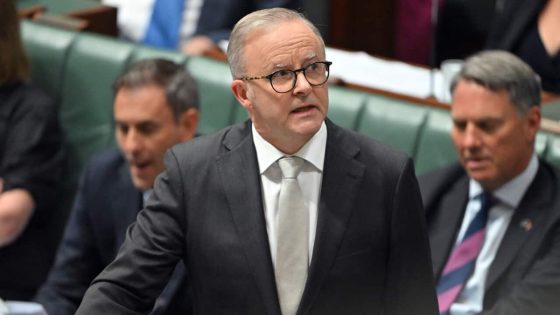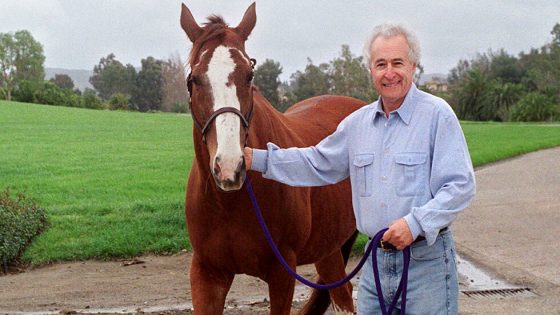Key Points
- The Albanese government is pushing for new laws to protect Australians from “doxxing.”
- “Doxxing” means publishing private or identifying information about someone online, typically with malicious intent.
- The move comes after pro-Palestine activists published the names and details of hundreds of Jewish people online.
Social media platforms used to spread people’s personal information without consent could soon be hit with a fine or takedown notice.
The Albanese government is hastening efforts to criminalise ‘doxxing’ following an incident involving members of the Jewish community.
Hundreds of public figures with Jewish heritage who were members of a private WhatsApp group had their names, photos and social media accounts published online by pro-Palestinian activists.
In response, Attorney-General Mark Dreyfus is exploring laws that would address doxxing and strengthen hate speech protections.
The government’s online safety watchdog defines doxxing broadly as “the intentional online exposure of an individual’s identity, private information or personal details without their consent”.
Asked for his definition, Dreyfus said it was “the malicious release, publicly, of personal information of people without their consent”.
“The recent targeting of members of the Australian Jewish community through those practices like doxxing was shocking but sadly, this is far from being an isolated incident,” he told reporters in Canberra on Tuesday.
“We live in a vibrant, multicultural community which we should strive to protect.
“No Australians should be targeted because of their race or because of their religion.”
The possible changes would use the eSafety Commissioner’s provisions to send takedown notices to social media sites and impose penalties, alongside other measures.
Protesters wave flags during a Pro-Palestinian demonstration in Sydney. Source: AAP / Mark Evans
Prime Minister Anthony Albanese said on Monday the ‘doxxing’ that took place was unacceptable.
“This is not the Australia that we want to see,” he said.
“These are 600 people in the creative industries, people like Deborah Conway the singer, people who are in the arts and creative sector, who had a WhatsApp group.
“Not a WhatsApp group that was heavily political, a WhatsApp group to provide support for each other because of the rise in antisemitism that we’ve seen.
“And what we’ve seen is them being targeted.”
The Executive Council of Australian Jewry welcomed the government’s plan to make doxxing a crime.
“We look forward to working with the government to ensure the full extent of the harm caused is understood and that the new laws effectively protect Australians from this shameful and dangerous practice,” council president Daniel Aghion said.



